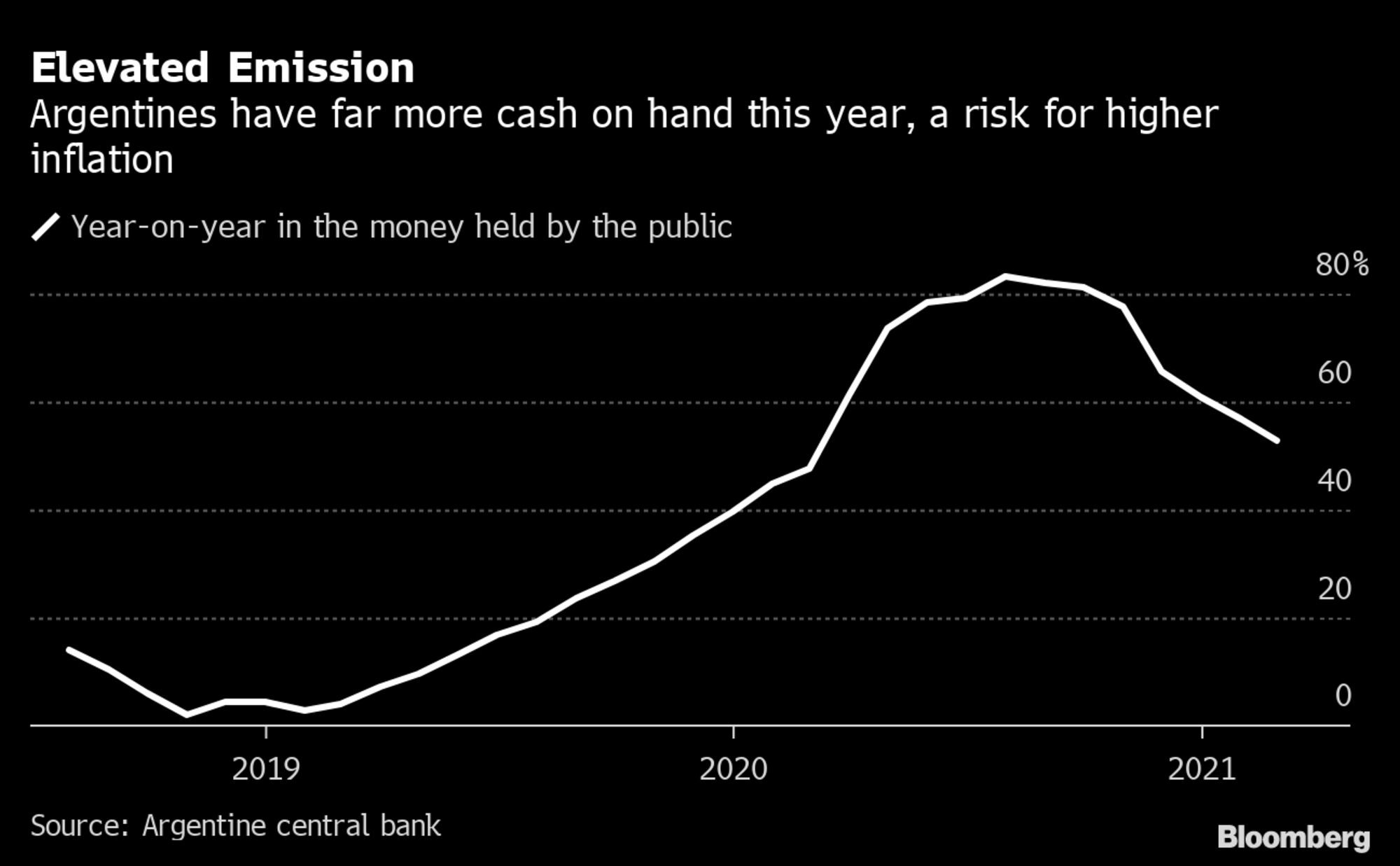POLITIK
Atombehörde schlägt AlarmIran soll fast waffentaugliches Uran besitzen
Zentrifugen in der Urananreicherungsanlage Natans.
(Foto: imago images/ZUMA Wire)
Im Atom-Streit versucht der Iran offenbar weiter Druck aufzubauen. Nach Angaben der Atomenergiebehörde verfügt Teheran mittlerweile über hochangereichertes Uran mit einem Reinheitsgrad von 60 Prozent. Erlaubt sind laut Abkommen weniger als vier Prozent.
Der Iran verfügt laut einer Schätzung der Internationalen Atomenergiebehörde (IAEA) über 2,4 Kilogramm an fast waffentauglichem Uran. Der Staat habe dieses Material mit einem Reinheitsgrad von bis zu 60 Prozent seit April hergestellt, berichtete die IAEA in Wien. IAEA-Chef Grossi hatte sich vorige Woche sehr besorgt über die Entwicklungen in der Islamischen Republik gezeigt und darauf hingewiesen, dass nur Atomwaffenstaaten Uran bis zu einem so hohen Grad anreichern.
Teheran hat in den vergangenen Monaten verschiedene Schritte gemacht, um in den Wiener Verhandlungen zur Rettung des Atomabkommens von 2015 Druck aufzubauen. Die Arbeit der IAEA-Inspektoren wurde stark eingeschränkt und die Uran-Anreicherung vorangetrieben. Laut dem Abkommen darf der Iran nur Material mit weniger als vier Prozent Reinheit herstellen, um damit Atomreaktoren zu betreiben. Für Nuklearwaffen sind zwar rund 90 Prozent nötig, doch kann solches Material theoretisch sehr rasch aus 60-prozentigem Uran hergestellt werden. "60 Prozent sind fast waffentauglich", hatte Grossi vorige Woche der "Financial Times" gesagt.
Teheran argumentiert, dass es hochangereichertes Uran für medizinische Zwecke brauche. Der Iran besitzt laut dem IAEA-Bericht mehr als 3200 Kilogramm Uran in verschiedenen Anreicherungsstufen - fast 16 Mal so viel wie das Atomabkommen erlaubt. Zusätzlich enthielt der Bericht eine lange Liste an Einschränkungen für IAEA-Inspektoren. Sie dürfen demnach nicht mehr täglich wichtige Atomanlagen besuchen, und sie können nicht mehr den Bau von Anreicherungs-Zentrifugen und die Herstellung von Uranerz überwachen. In einem weiteren Bericht zeigte sich Grossi "tief besorgt", dass der Iran keine Auskunft über den Verbleib von nuklearem Material gebe, das an geheimen Orten gelagert oder verwendet worden war.
Quelle: ntv.de, jpe/dpa


